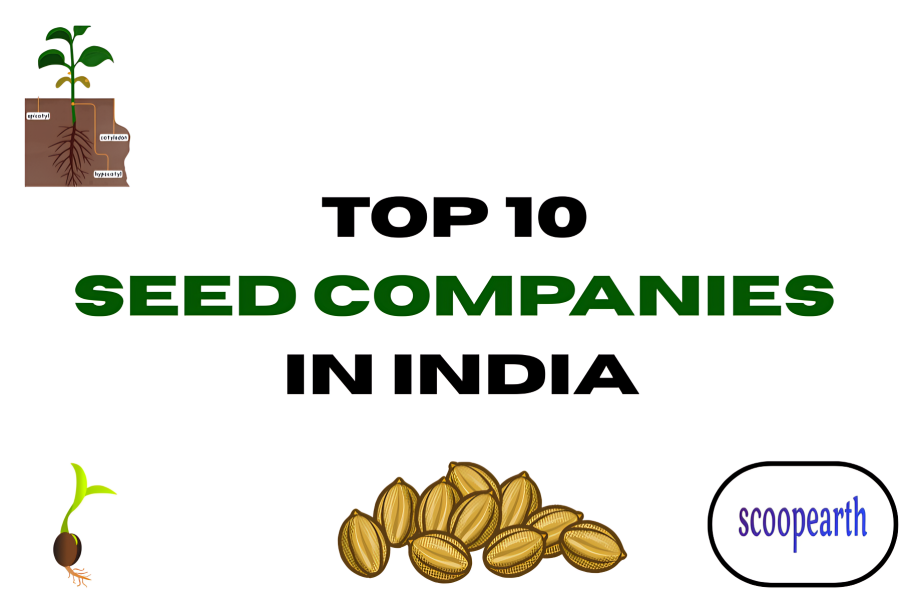Rise of C2C Marketplaces: Lessons from Meesho, DealShare, Dunzo

SUMMARY
Introduction:
The way we shop and sell things has changed a lot in recent years. People’s preference for buying from big stores or flashy websites has become outdated. Now, everyone is trading directly with each other, via Consumer-to-Consumer (C2C) marketplaces. These online platforms are like virtual street markets where anyone can set up shop or buy directly from others.
In India, such platforms are taking off, allowing ordinary people to buy and sell among themselves. Companies such as Meesho, DealShare, and Dunzo are at the forefront of this trend, each with its own way to make online shopping more fun. In this article, we’ll look at what new sellers and startups can learn from their success, and we’ll examine how C2C is changing the game for everyone.
What is the C2C marketplace?
A C2C marketplace is the equivalent of an online market where people are connected to buy and sell any product or service. No big brand or middleman in between; just the seller and buyer are involved. These platforms make it easy to shop comfortably with tools for payments, chats, or deliveries.
Unlike B2C sites like Amazon, where businesses sell to you, C2C is all about trust between seller and buyer. It’s more affordable because there is no middleman to hike up prices. The C2C approach allows anyone to start their business online with little to no investment. In a country like India, the C2C model has become a game-changer. It has unlocked the door for millions of people, especially those in smaller towns and cities, to start their own small businesses.
The surge of C2C in India
India’s C2C scene has grown rapidly over the past few years. More than 800 million Indian people own a smartphone, and the arrival of cheap data plans from Jio made the internet a part of daily life. The e-commerce market itself has risen from $50 billion in 2020 to over $150 billion some four years later, with forecasts reaching as high as $188 billion by 2025. The COVID-19 crisis and lockdown really lifted online marketing to new levels.
Small towns and cities in India are using the C2C model as much as big cities. The reason is that everyone wants affordable products. C2C platforms lean on friend networks, referrals, and WhatsApp groups, making sales feel personal. For millions, especially in rural areas, it’s also a way to earn extra cash and boost sales. This shift shows how technology is moving economic power from large corporations into the hands of individual users.
Meesho: The power of social commerce
Meesho, launched in 2015 and turned social media into a shopfront. The founders saw that small shop owners or housewives did not have any proper way to sell their products to a wider audience. They created Meesho to help them boost sales and reach more customers. It lets anyone sell products by sharing catalogs on WhatsApp or Instagram.
Meesho is India’s top C2C company with over 100 million users. Re-sellers can pick items from Meesho’s suppliers, add their profit margin, and sell to friends. The app handles delivery and payments. Meesho’s target audience is mostly women, and the platform focuses on cheap, trendy items and easy sharing. These things made it a giant.
The lesson from Meesho
Trust and social ties are free marketing. Meesho shows that letting people sell to their own circles creates a viral effect with no pricey billboards needed. Focus on small-town buyers, make apps simple with local languages, and remove barriers like fees. Entrepreneurs should start by targeting the underserved areas.
DealShare: Group deals
DealShare, started in 2018, made grocery shopping a group game. Its whole idea is based on group buying. It encourages user and their friends to order together to unlock big discounts. The company targets small cities, offering essentials like rice or spices at discounted prices.
The application allows users to share a deal link, get five neighbors to join, and receive cheaper groceries for all. It has offices in over 200 cities and became a unicorn by 2021. DealShare skips middlemen and uses local suppliers to keep costs low while offering high-quality products.
Lesson from DealShare
The most important thing to learn from DealShare is how to make customers your marketers. The company’s group deals turn buyers into promoters, cutting ad costs and maintaining virality. Focus on everyday groceries like food to keep users coming back. Startups should listen to user feedback and pivot when needed, just like DealShare moved from B2C to a hybrid model. Use reward sharing with perks like badges or extra discounts to keep customers hooked.
Dunzo: Leading the hyperlocal delivery
Dunzo, launched in 2015 in Bengaluru, is like a personal errand runner. It’s hyperlocal and gets anything for you from groceries to forgotten stuff at home. You can use Dunzo to get milk from the corner shop or a charger from a friend’s house. The firm promises to deliver the order within 30 minutes.
It connects buyers with local stores or individuals via delivery partners. It uses crowdsourced delivery that allows anyone with a bike to join. The company reached millions of orders monthly. The company grew rapidly, which led to stumbles, with layoffs. The company redefined quick and local services by making anything deliverable.
Lessons from Dunzo
Convenience and speed are the keys when used smartly. Dunzo shows how hyperlocal deliveries work by focusing on one city, mastering quick deliveries, and partnering with local shops. Tech like AI for routing and optimization is crucial. Startups should prioritize reliability and watch for burn rates, as Dunzo’s story shows that rapid scaling can hurt profits.
Challenges in the C2C marketplace
The C2C market isn’t all hassle-free. Trust is the most important factor for this business model, and even a little bit of bad product can spark scam rumors, ruining the company’s image. Logistics is also a hurdle; deliveries to rural areas are pricey and slow. Big players like Flipkart are already shifting to C2C, making the market more competitive.
Small sellers face issues like high platform fees or tricky tax rules. Additionally, they lack tech skills to stand out online. However, this can be solved by doing verification for sellers, easy return policies, and establishing local delivery hubs. Training programs for people new to this model can also bridge gaps.
The future and the road ahead
The C2C market in India is expected to reach $48 billion by 2027. With more companies shifting to a C2C business model, we can expect faster deliveries, blending with social selling. In the future, artificial intelligence will power smarter chats, and virtual try-ons can help buyers test the clothes virtually before buying. The apps will be available in more regional languages with advanced tools for rural sellers.
Conclusion:
The C2C model is more than shopping; it’s about empowering people. From social selling to group deals and quick deliveries, they teach us to lean on trust and community. Challenges like scams or logistical problems exist, but smart tech and local focus can solve them. The article mentioned the rise of the C2C marketplace in India and its effect on the everyday lives of businesses and regular people.
FAQs:
What is a C2C marketplace?
A C2C (consumer-to-consumer) marketplace is a platform where people sell products or services directly to other people using an online app or website.
How is C2C different from traditional e-commerce?
In C2C, individuals sell to each other, while in traditional e-commerce, companies sell directly to customers.
How did Meesho become successful?
Meesho grew by empowering small sellers and homemakers to sell online easily through social media platforms like WhatsApp and Facebook.
What makes DealShare stand out?
DealShare focuses on local products and discounts for middle-income consumers, encouraging community buying.
What role does Dunzo play in the C2C space?
Dunzo connects people for quick delivery and errands, helping small sellers and customers exchange goods efficiently.
Why are C2C marketplaces growing in India?
They’re growing because people trust online platforms more, smartphones are common, and small sellers want digital income opportunities.
Do sellers need investment to start on these platforms?
No, most C2C apps like Meesho and DealShare are free to join and require very little initial investment.
How do these marketplaces earn money?
They earn through commissions, delivery fees, and advertising from sellers.
What challenges do C2C platforms face?
Common challenges include fake products, late deliveries, and building trust between buyers and sellers.
What can new startups learn from Meesho, DealShare, and Dunzo?
They can learn to focus on customer trust, easy user experience, and supporting local sellers to grow quickly.
Note: We at scoopearth take our ethics very seriously. More information about it can be found here.
















